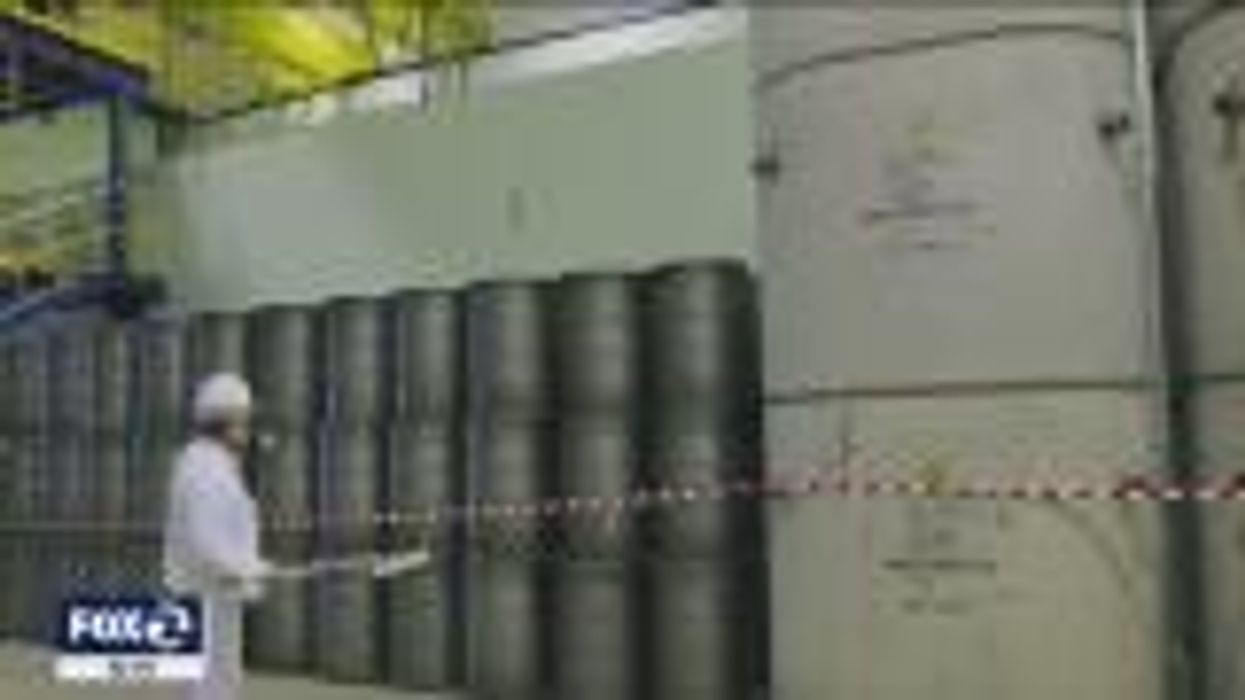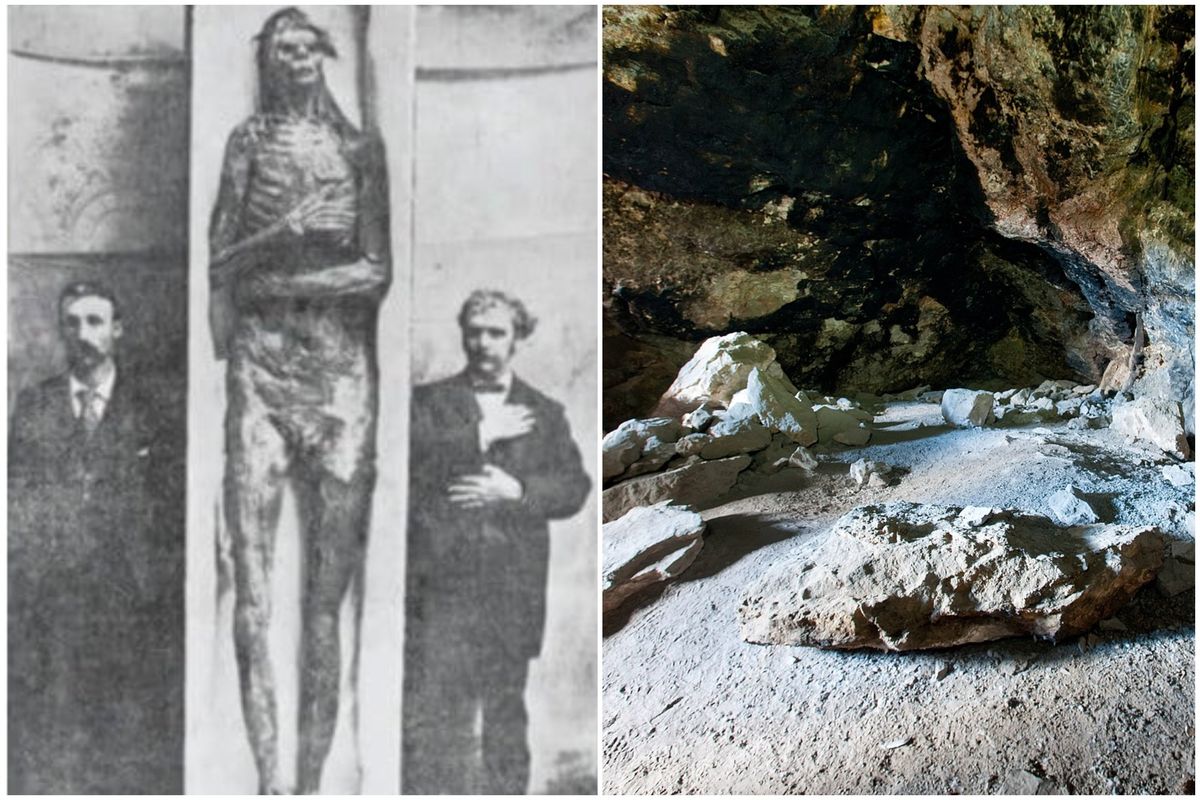Vladimir Putin put Russia's nuclear deterrent forces on high alert in the last few weeks, citing "aggressive statements" by Nato and tough financial sanctions as a reason.
As of 2019, there were 15,000 nuclear weapons on planet Earth – 90 per cent of which belong to Russia and the United States, according to the Federation of American Scientists. In the improbable scenario of a full-scale nuclear war, humanity could be wiped out. That's not just a direct result of the number of deaths but also the aftermath of global cooling.
But what would happen if a nuclear bomb exploded?
There are so many factors to be considered to determine the impact: the time of day, the weather, the exact location and whether it exploded on land or in the air. Clothing is also a surprising aspect as white clothes can reflect some of the energy of a blast, while black clothing can absorb it.
The type and size of the nuclear weapon can also impact the outcome. Modern bombs start by triggering a fission reaction, according to Live Science. They explained: "Fission is the splitting of the nuclei of heavy atoms into lighter atoms — a process that releases neutrons. These neutrons, in turn, can careen into the nuclei of nearby atoms, splitting them and setting off an out-of-control chain reaction."
A fission explosion would be devastating – though many modern weapons have the potential to cause even more damage. Fission bombs, also known as atomic bombs, destroyed Hiroshima and Nagasaki, Japan, in 1945.
Sign up to our free Indy100 weekly newsletter
If a nuclear bomb were to explode on land, the explosion would cause instant death. For example, a bomb equivalent to the size of the Hiroshima and Nagasaki bombs would kill 50 per cent of people in a 2-mile radius, according to a report from a Preventive Defense Project workshop. An air detonation is said to have a wider blast radius.
Causes of death go beyond the explosion itself. There would be fires, radiation exposure, collapsed buildings, flying shrapnel in a 0.5-mile (0.8 km) radius of the detonation.
In order to survive a hypothetical nuclear blast, you'd essentially want to avoid countries with access to nuclear weapons and those involved in nuclear agreements.
While worries are understandably high surrounding a nuclear war defence secretary Ben Wallace said Putin's phrasing was a "battle of rhetoric".
"This is predominantly about Putin putting it on the table just to remind people, remind the world, that he has a deterrent."
The Independent has a proud history of campaigning for the rights of the most vulnerable, and we first ran our Refugees Welcome campaign during the war in Syria in 2015. Now, as we renew our campaign and launch this petition in the wake of the unfolding Ukrainian crisis, we are calling on the government to go further and faster to ensure help is delivered.
- To find out more about our Refugees Welcome campaign, click here.
- To sign the petition click here.
- If you would like to donate then please click here for our GoFundMe page.
Have your say in our news democracy. Click the upvote icon at the top of the page to help raise this article through the indy100 rankings.














